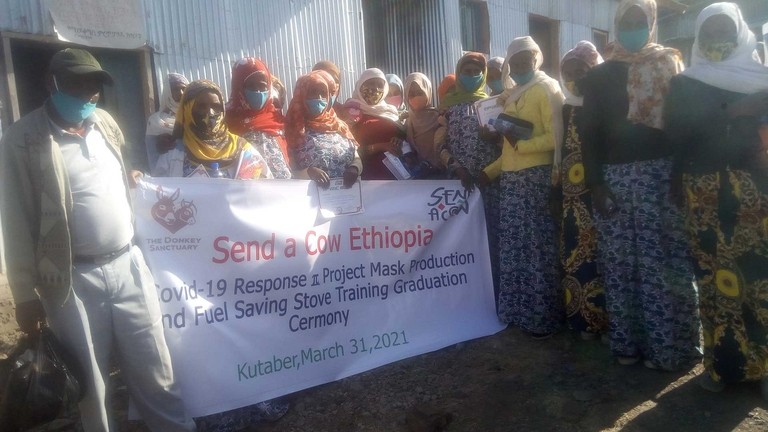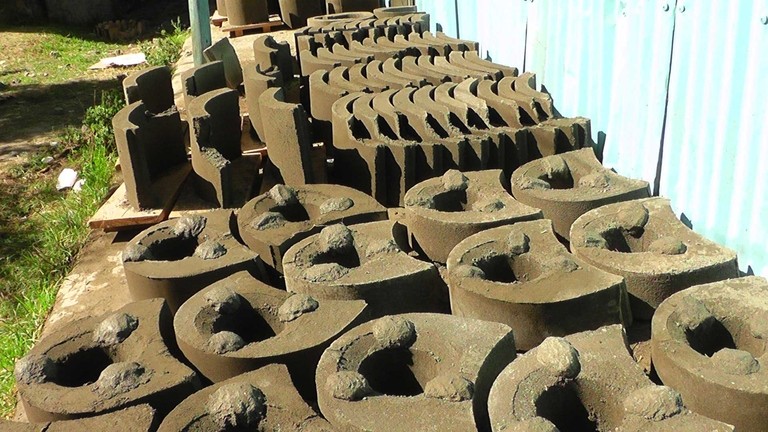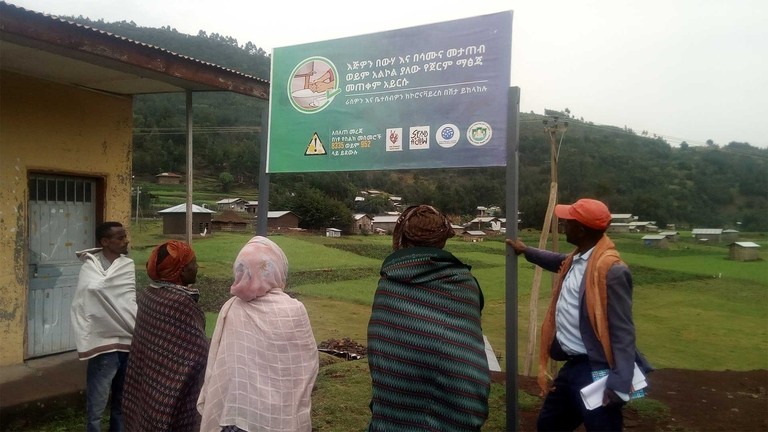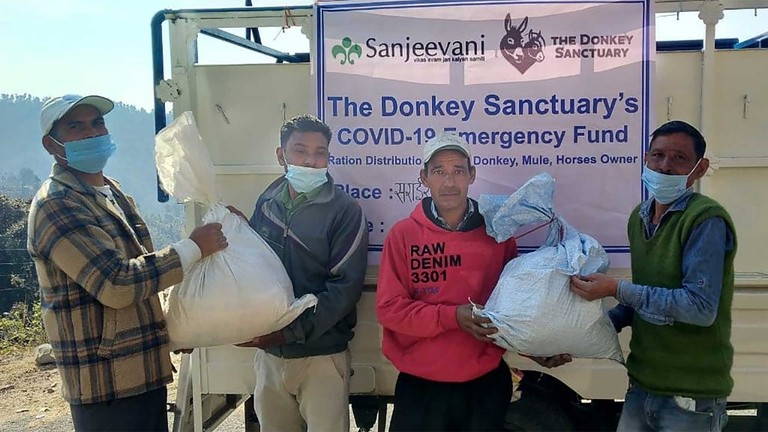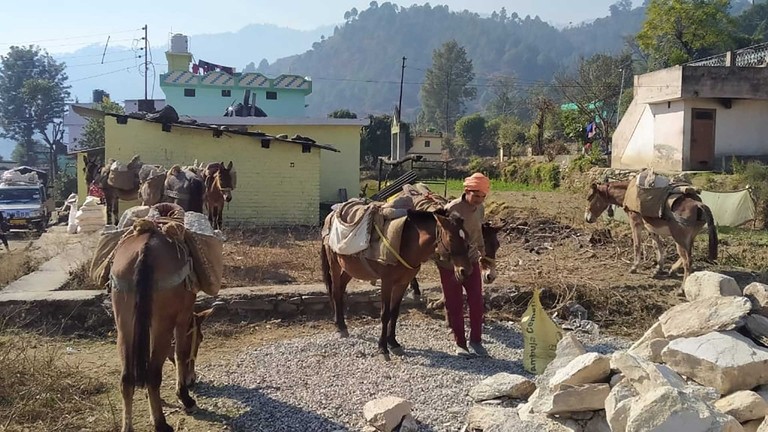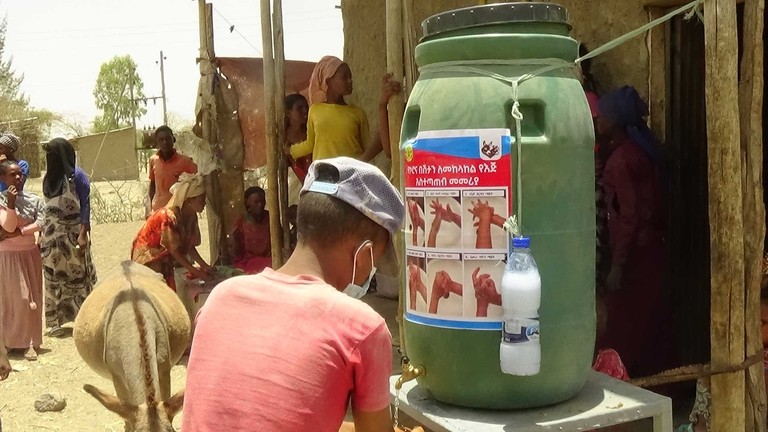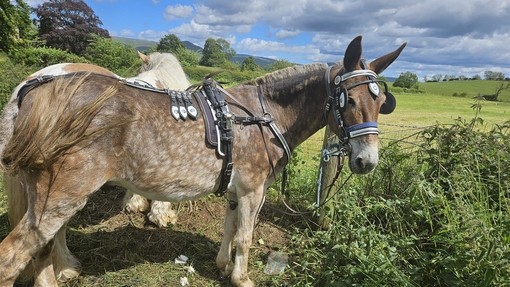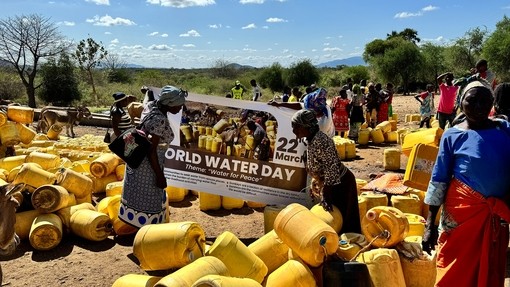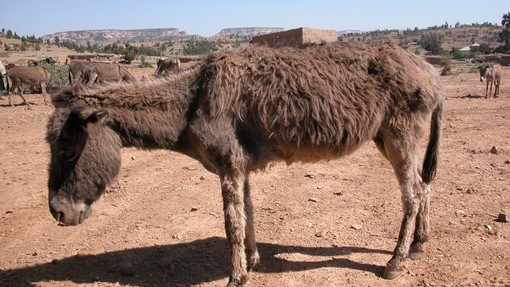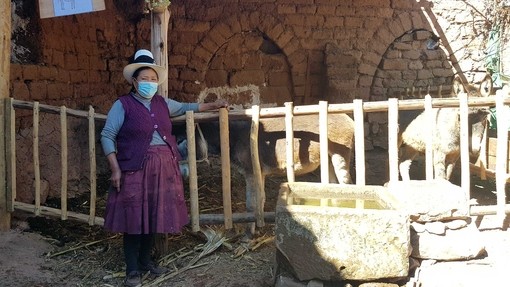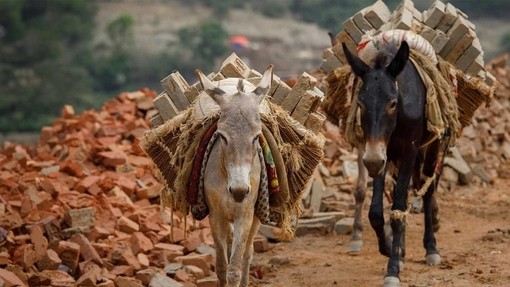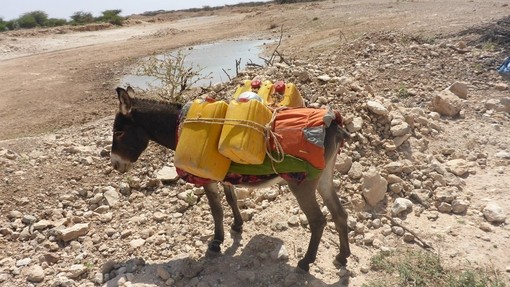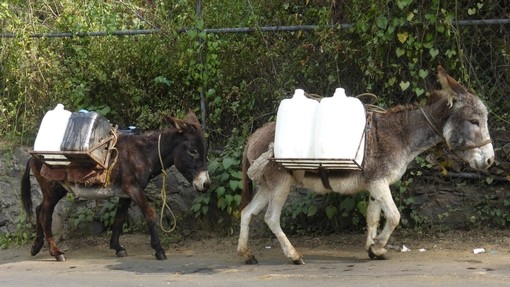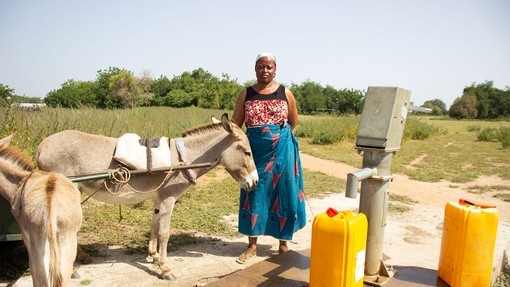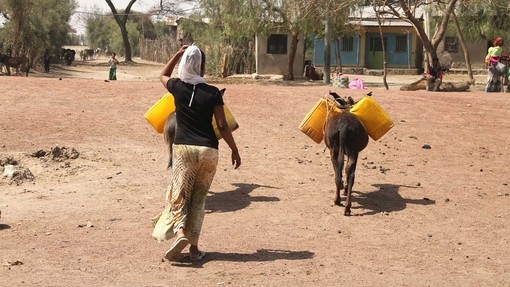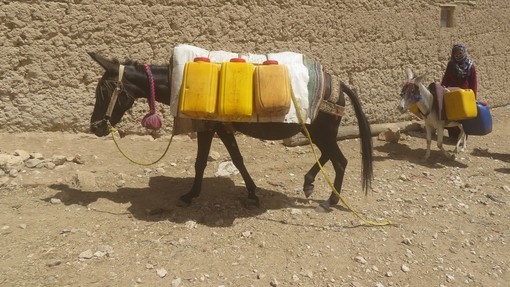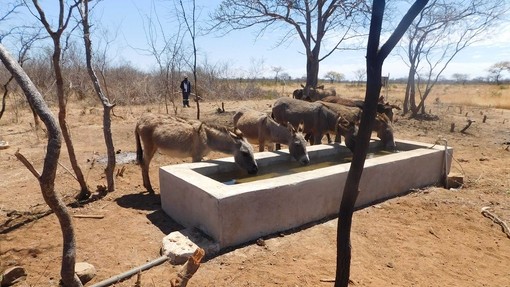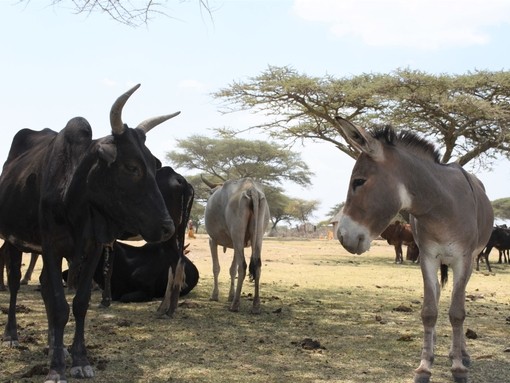
Support donkeys, mules and owners through the pandemic
In a world typified by ever-connected global crises, donkeys, mules, and the people who rely on them, are increasingly impacted. The global coronavirus pandemic bought economies to a standstill, caused health problems and death for many communities.
The COVID-19 Emergency Response Fund (CERF) was launched in July 2020 to tackle the immediate and acute need that the coronavirus pandemic caused within working equine and equine-owning communities across the globe. The widespread national lockdowns worsened the social, economic and welfare challenges already faced by these communities.
A total of 70 applications were received, spanning 20 countries across Asia, Africa and Latin America. We awarded eight six-month grants after a thorough review process.
The successful grant recipients include animal welfare and rural development organisations, research institutes and universities, all of which proposed projects that incorporated immediate relief work alongside more sustainable activities to build resilience within the communities.
Supporting Nepal’s stranded animals
Hundreds of donkeys and labourers were left stranded in the brick kilns of Nepal after the country swiftly locked down because of the COVID-19 outbreak.
All non-essential services and industries were ordered to close, including the country’s brick kilns on the peripheries of the Kathmandu Valley and Dhading.
Following an emergency request from our partner Animal Nepal, emergency relief packages were distributed to 167 equine-owning families and 901 donkeys within the Lalitpur, Dhading and Nepalgunj districts. The relief packages contained 25 days’ worth of equine feed, and rice, daal and essential sanitary items for the owner households
Following the delivery of the supplies, in July 2020, The Donkey Sanctuary and Animal Nepal began transporting the working donkeys and mules from the kilns to safety in the nearby village of Nepalgunj.
Building resilience in Ethiopia
Working alongside Send a Cow (now known as Ripple Effect) in the Amhara Region of Ethiopia, another CERF project focused on equine owners’ resilience, particularly their food and income security.
Around 600 women received training to quickly respond to potential disasters, including the pandemic, equipping them with the skills to prevent the spread of crop and animal disease and to continue providing adequate care for their equines.
The project also provided access to handwashing facilities that help to prevent transmission of COVID-19, reaching more than 10,000 community members in the process.
Communities also received help increasing and diversifying their income in response to the pandemic, engaging in the production of affordable face masks for the community and energy-saving stoves that they can sell to provide an income.
The stoves make efficient use of scarce local materials, meaning donkeys and mules no longer need to carry firewood on long and difficult journeys that can damage their long-term health. This enables households to become more sustainable and better able to care for their working donkeys.
A sustainable future in India
In India, grant recipients Sanjeevani, have been working to promote the cultivation of Azolla (an aquatic fern species widely used to supplement livestock diets) as a sustainable form of donkey fodder, which equine-owning families can produce themselves at home.
From this project alone, a total of 100 equine owners have received the training and resources necessary to begin their own Azolla cultivation, 505 equine owners have received emergency relief rations, and 1,274 working equines have also received emergency food supplies.
Improving livelihoods in Ethiopia
The CERF has also supported a project with Alage College in Ethiopia, which aims to improve the welfare of donkeys that their owners depend on for their day-to-day livelihoods – as well as helping them protect themselves and others against COVID-19 by practising good biosecurity and hygienic behaviours.
The agricultural college’s project has directly helped 100 people who own a total number of 399 donkeys. A further 3,000 community members in the project sites have benefitted by receiving access to COVID-19 prevention methods and protocols on maintaining donkey welfare.
In addition, 2,500 donkeys were treated for various diseases and dewormed against parasites.
Your support makes stories like this possible
Share this page
Tags
- News

